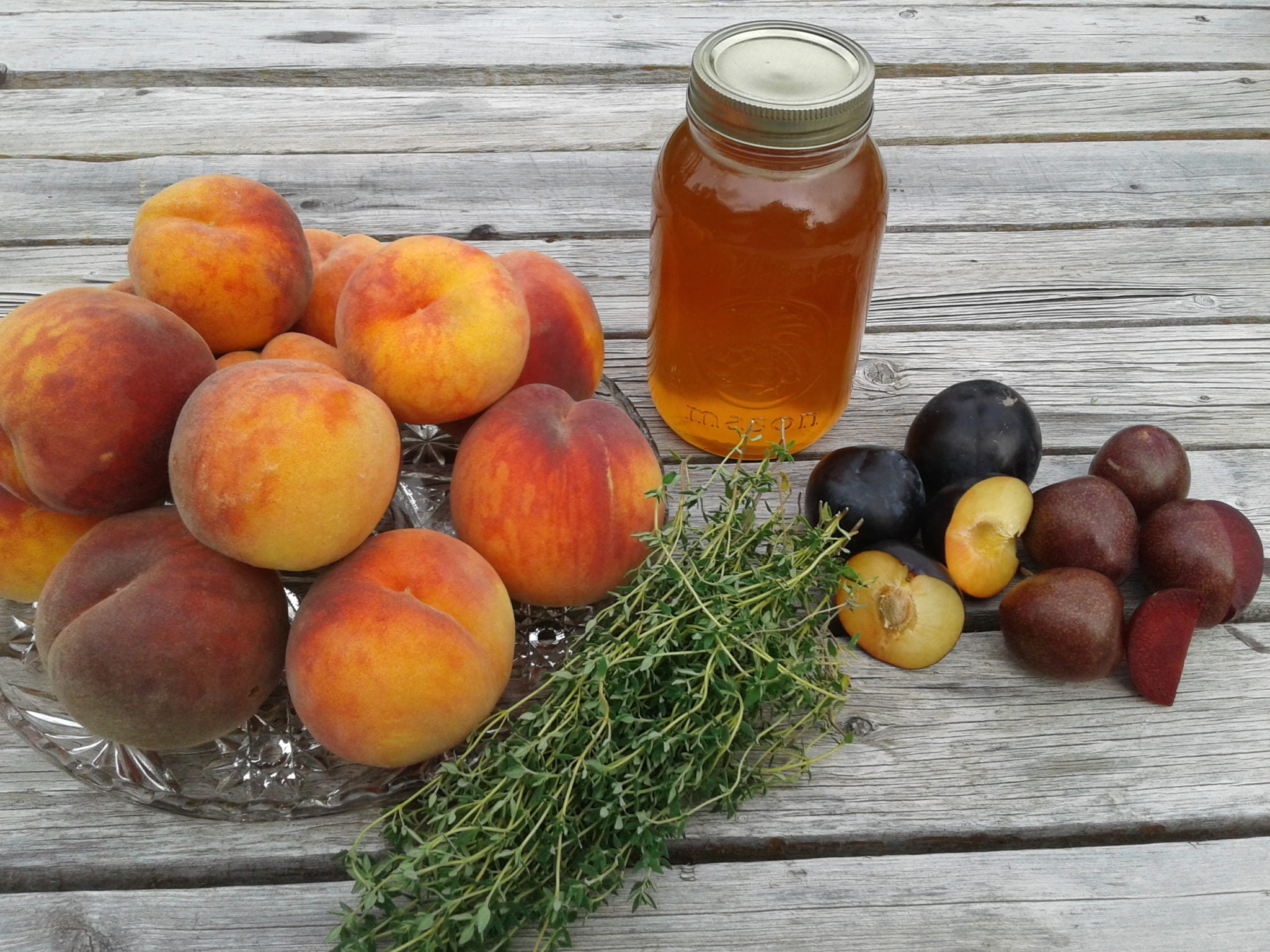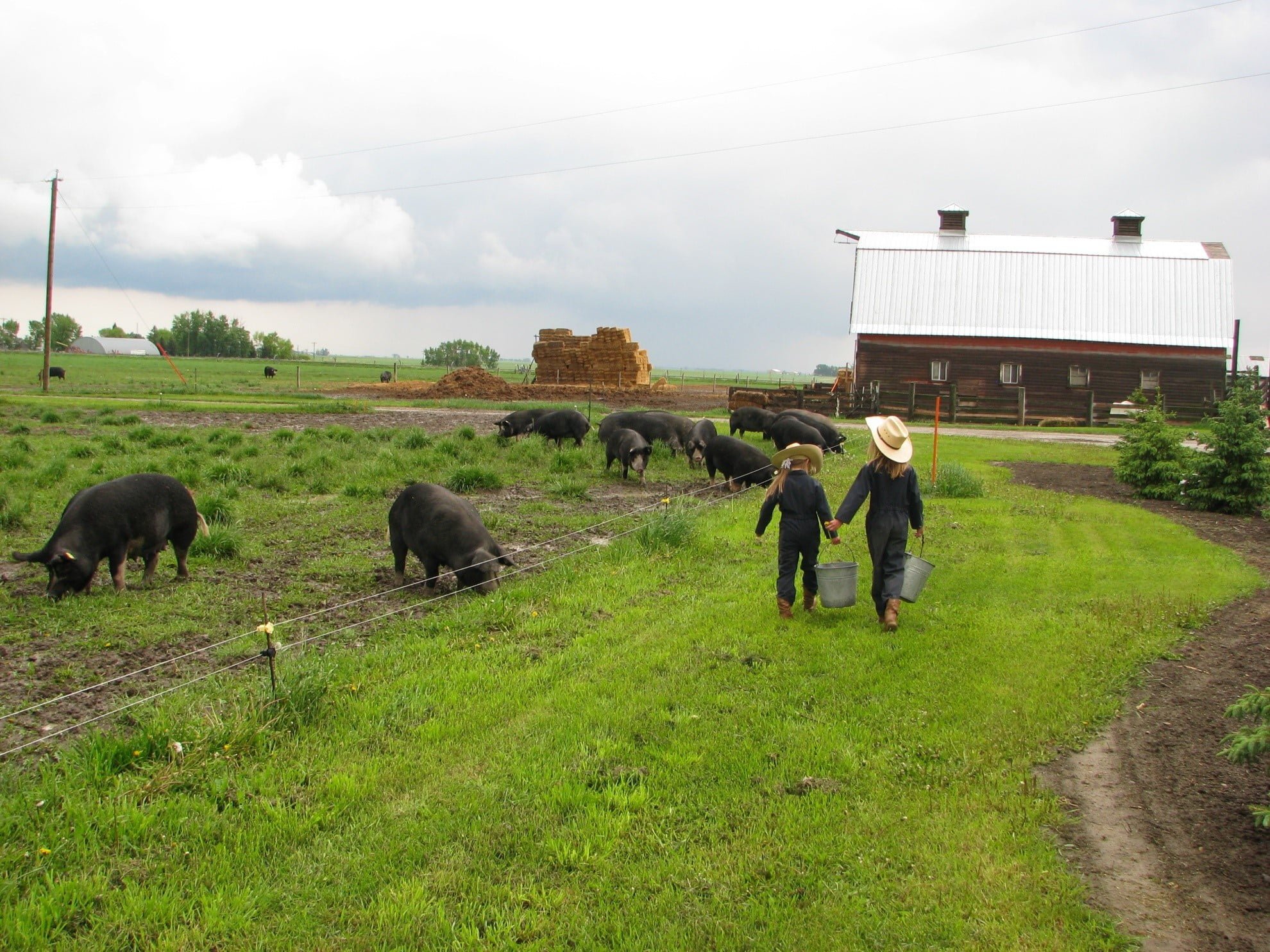At Blush Lane, most of our produce is Certified Organic
This process involves keeping an intricate paper trail, yearly inspections by a VO (verification officer), and the occasional surprise inspection. Currently this is done by certifying bodies such as PACS (Pacific Agriculture Certification Society) in BC and QMI (Quality Management International) in Alberta. The key reason for third party inspections and certification is to create and maintain standards that you, the consumer, can rely on.
Visit the Canadian Food Inspection Agency website
Visit the Canadian Organic Growers website.
What is "Organic"?
Growing organically means growing with the environment and people’s health in mind. This means no chemical pesticides, fertilizers, herbicides, GMO’s, waxes, dyes, or irradiation. Organic is for everyone’s health – from seeds to farmers to consumers.
For more information, visit the Canada Organic Trade Association (COTA) website.
Why Choose Organic?
Here’s 10 Good Reasons Why Canadians Are Going Organic!
- Keep chemicals off your plate — Most herbicides and many insecticides have been found to be carcinogenic or hormone replicators. Organic certification is the public’s assurance that products have been grown and handled according to strict procedures and without persistent toxic chemical inputs.
- Organic food tastes great! — It’s common sense – well-balanced soils produce strong, healthy plants that become nourishing food for people and animals. Many chefs choose organic foods because of superior quality and flavour.
- Organic farms respect our water resources — The elimination of polluting chemicals and nitrogen leaching, done in combination with soil building, protects and conserves water resources.
- Organic farmers build healthy soil — Soil is the foundation of the food chain. The primary focus of organic farming is to use sustainable practices that build healthy soil microbiology and prevent erosion, creating a legacy of safe, fertile land that can provide for future generations.
- Organic farmers work in harmony with nature —Organic agricultural respects the balance demanded of a healthy ecosystem, studies have shown there is more bio-diversity around organic farms. The number of species increased about 30% in organic systems and the number of individual plants and animals was 50% greater on organic farms. Diverse wildlife is encouraged by including forage crops in rotation and by retaining hedgerows, wetlands, and other natural areas.
- Organic methods reduce pollution and wasted energy — More energy is used to produce synthetic fertilizers than to cultivate and harvest crops. Organic farmers have led the way, largely at their own expense, with innovative on-farm research aimed at minimizing agriculture’s impact on the environment. Canadian studies have shown that organic farming practices can use as little as half the energy of other farming methods, and are not dependent on fossil-fuel fertilizers.
- Protect the health of farmers and children — Farmers exposed to herbicides have six more times the risk of contracting cancer compared to non-farmers. The average child receives four times more exposure than an adult to pesticides in food.
- Organic producers strive to preserve diversity — The loss of a large variety of species (biodiversity) is one of the most pressing environmental concerns. The good news is that many organic farmers and gardeners have been collecting and preserving seeds, and growing unusual varieties for decades.
- Support a true economy — Conventional food pricing encourages chemical farming, but hidden costs include subsidies and environmental damage. Most organic farms are small, independent family operations of less than 100 acres. Keep rural communities healthy, help small and local organic farmers.
- Because you can! — Organic products are finally abundant – every food category has an organic alternative, and there are more and more organic textiles, personal care products and non-food items available every day. Let’s keep this growing, because it’s good for all of us!
 Info brought to you by the Canada Organic Trade Association © 2012.
Info brought to you by the Canada Organic Trade Association © 2012.






